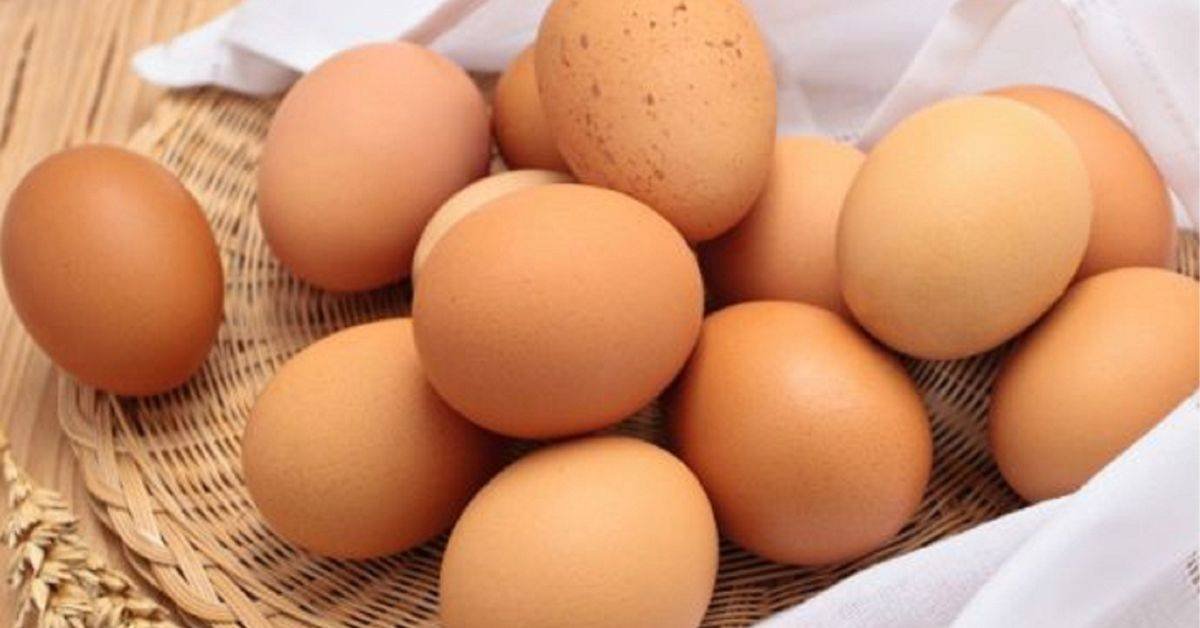
Table of Contents
An average egg contains about 6 – 7g of protein. While small and medium-sized eggs contain about 4.8g and 5.54g of protein respectively, large and jumbo-sized eggs contain as much as 7- 7.9g of protein. Most of these proteins are contained in the egg white but the yolk maintains a rich protein content.
The egg white, where most of the proteins are found, comprises over 85% water whereas the yolk contains most of the other nutrients you get from eggs. You may want to read a previous article titled Nutrition composition of eggs to find out what these nutrients are. Some people avoid the yolk because of its cholesterol content but studies show it does not have any significant effect on your cholesterol level.
Leaving out the yolk means missing out on most of the essential nutrients contained in the egg. Furthermore, you also lose almost half the entire protein content in an egg which is believed to be in the yolk.
Grades and sizes of eggs.
Eggs are classified by their weight and also graded to show freshness. It should be known that the net amount of protein you get in an egg will depend on the size of the egg. The bigger the egg, the more protein it will contain.
Kindly keep in touch by signing up for our newsletter:
Size classification of eggs:
This is not done according to how big or small an individual egg looks or by measuring the dimensions as you may expect. It’s determined by the net weight of a dozen eggs. Using this metric, there are 6 such classes.
1. Peewee eggs: They weigh about 32g on average and are mostly laid by young hens who are often less than a year old. These are not choice eggs due to their size and you won’t easily find them in grocery stores. They are also called pullet eggs.
2. Small eggs: They weigh up to 38g and are also laid by young hens just as in peewee eggs. These are not easy to find in the stores too.
3. Medium eggs: Medium eggs lie between small and large eggs and typically weigh about 44g. They are known for their thick shells which makes them particularly suitable for boiling and peeling. Unlike the peewee and small eggs, they can be found at the grocery stores.
4. Large eggs: These are the most common eggs available to you and weigh about 50g. They are also the most widely used of all sizes.
5. Extra-large eggs: They weigh up to 56g but are not as widely used as the large eggs which weigh slightly less.
6. Jumbo eggs: Jumbo-sized eggs are the largest eggs you’ll find in the stores. They weigh up to 63g on average and are not as common as the medium, large, or extra-large ones. Substituting an extra-large egg with a jumbo-sized one in a dish won’t affect your cooking.
The most common size readily available in most grocery stores is the large, extra-large, and medium-sized eggs. Substituting any of these eggs with the ones before or after does not alter your dish’s outcome. I have noticed the larger an egg the thinner the shell.
Grades of eggs.
The grading of eggs is for indication of freshness. Freshness indicators used are the texture of the eggs, their appearance, and how they react to cooking. Based on these parameters, there are 3 grades of eggs according to the US Department of Agriculture.
- Grade AA: These are eggs of the highest quality but they are not so easy to find in the stores except if you live in or near egg-producing areas. When cracked, grade AA eggs are found to take up small areas. They have firm a yolk and thick egg white.
- Grade A: They are of high quality and the commonest of all the grades. They are also the most widely available. They cover a moderate area when cracked. Their egg white and yolk are fairly thick and firm respectively.
- Grade B: They are the oldest and therefore of the poorest quality. They cover a larger area when cracked with a small yet watery egg white. Their egg yolk also appears flat.
While at maximum freshness, eggs will normally have thick egg whites and very firm yolks. As they age, the egg white starts to lose its thickness as it becomes watery while the yolk loses its firmness.
How much protein do eggs contain?
The size of the egg you have determines how much protein you are going to get from it. Below are the various sizes of hens’ eggs and the average amount of protein in each size.
| Size of egg | Weight | Amount in 1 egg |
|---|---|---|
| Peewee | 32g | 4.00g |
| Small | 38g | 4.79g |
| Medium | 44g | 5.54g |
| Large | 50g | 6.30g |
| Extra-large | 56g | 7.06g |
| Jumbo | 63g | 7.94g |
There are many other sources of dietary proteins out there but eggs, with their very low calorie and rich protein content, are part of an ideal weight loss meal plan. The weight loss effect of high protein intake has been scientifically proven and was discussed in an earlier article you may want to check out.
How much protein is in a couple of eggs?
People often ask how much protein there is in several eggs. Knowing how much protein you can get in a single egg of any of the sizes listed above can give you an idea of how much protein you can expect from several eggs of that particular size.
Since the amount of protein contained in an egg depends on the size of the egg under consideration, you can’t expect 3 large eggs to contain the same amount of proteins as 3 extra-large ones. Below is a table of the amount of proteins there are in several eggs of different sizes.
| Size of egg | Weight | Amount in 2 eggs | Amount in 3 eggs | Amount in 4 eggs |
|---|---|---|---|---|
| Peewee | 32g | 8g | 12g | 16g |
| Small | 38g | 9.58g | 14.37g | 19.16g |
| Medium | 44g | 11.08g | 16.62g | 22.16g |
| Large | 50g | 12.6g | 18.90g | 25.20g |
| Extra-large | 56g | 14.12g | 21.18g | 28.24g |
| Jumbo | 63g | 15.88g | 23.82g | 31.76g |
How much protein do scrambled, fried, and boiled eggs have?
When scrambled, fried, or boiled, eggs will retain the same amount of protein they had while fresh irrespective of the method of preparation. For instance, a boiled large egg will still contain roughly 6.3g of protein which is what it had before cooking. When fried, what may change is the calories or fat content.
When you fry eggs with margarine the number of calories will increase due to the extra calories from the margarine. There may also be higher sodium content if salt was added in the course of preparation. There will be changes in the amount of saturated and unsaturated fats you will get by eating the fried egg against what originally existed in the egg before cooking.
You can only expect an increase in the protein content of a cooked egg if an additional protein source is part of the menu. Some people may add beef, hot dogs, or chicken to their scrambled eggs. When you do this, the higher net protein content of the preparation comes from the extra protein source and not from the egg.
Apart from boiling, most ways of preparing eggs lead to a loss of small amounts of eggs. These may be parts of the egg that get stuck in the frying pan for instance or the water used in poaching an egg. Though the amount lost is usually insignificant it ensures you don’t get all the proteins originally contained in the egg while it was raw.
When you boil very fresh eggs, you may find some of the egg white gets stuck in the shell while peeling it. This is an instance where you end up not getting all the protein originally contained in the raw egg after boiling. You shouldn’t boil very fresh eggs if you don’t want to have the egg white sticking to the shell.
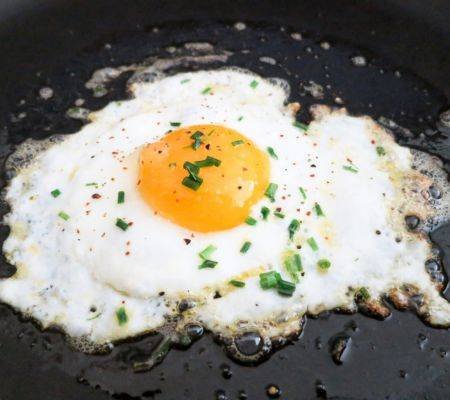
How much protein is in a large egg?
Large eggs on average contain about 6.3g of egg. This is the most common size of eggs you’ll find at the grocery stores and often the point of reference in most recipes. Where the size of the egg isn’t mentioned in a recipe, it is normal to assume it is a large egg.
Eggs are superfoods with so many nutritional benefits that they are also called functional foods. However, for a few reasons we discussed in an earlier article, you may want to limit the amount you consume.
I hope this piece was informative. If so, kindly share it and let us know your thoughts on this topic. You may also be interested to know what makes eggs with avocado toast such a great breakfast. See you on the next topic.

























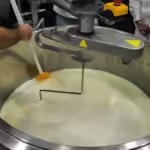


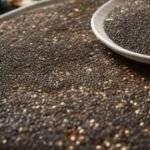
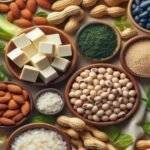

























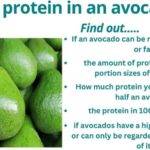






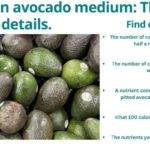
















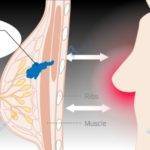

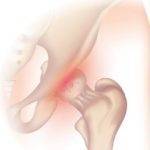








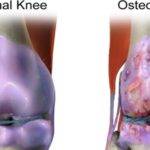






















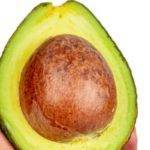














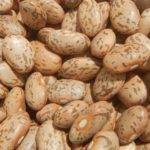
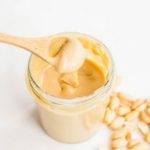








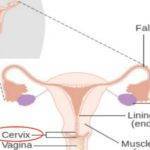













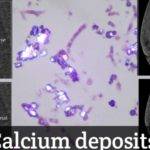






Thanks for sharing excellent information. Your web-site is very cool. I am impressed by the details that you have on this blog. Bookmarked this web page, will come back for more articles. You, my friend, ROCK! I found just the info I already searched everywhere and just couldn’t come across. What a great website.
Merely wanna comment on few general things, The website design and style is perfect and the written content is really good.
I have been searching for high quality articles like this.